Diaphragms
-
In Stock
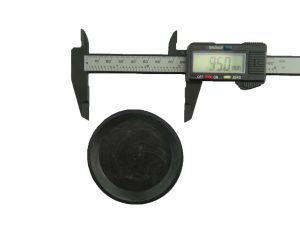
Alpha DHW Diaphragm 6.5405320
£4.20 Exc. VAT £3.50 Add to cart -
In Stock
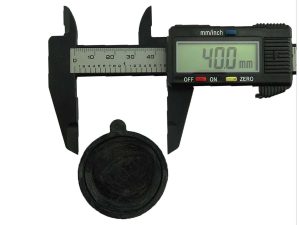
Ariston Diaphragm (Main Flow Switch) 571547
£4.20 Exc. VAT £3.50 Add to cart -
In Stock
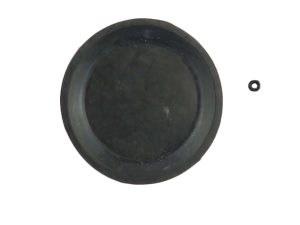
Ariston Eurocombi MFFI Domestic Hot Water Diaphragm for 571446
£3.30 Exc. VAT £2.75 Add to cart -
In Stock
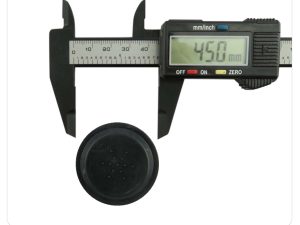
Baxi / Main / Potterton Boiler Heating Diaphragm 248065
£3.85 Exc. VAT £3.21 Add to cart -
In Stock
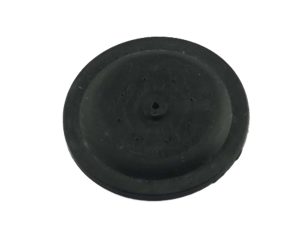
Baxi Combi Instant 80E 105E 80HE Boiler DHW Diaphragm 248838
£3.06 Exc. VAT £2.55 Add to cart -
In Stock

Baxi Main Potterton DHW Diaphragm 248066
£3.69 Select Options -
In Stock

Baxi Main Potterton Diaphragm Pressure Stat 248619
£3.70 Exc. VAT £3.08 Add to cart -
In Stock

Biasi Diaphragm Pressure Switch Membrane BI1011103
£4.20 Exc. VAT £3.50 Add to cart -
In Stock
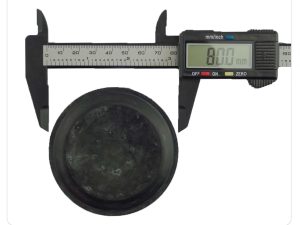
Biasi Domestic Hot Water Diaphragm BI1011102
£2.48 Select Options This product has multiple variants. The options may be chosen on the product page -
In Stock
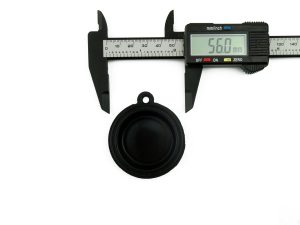
Chaffoteaux Britony Water Heater Diaphragm 60025809-30 was 25809.30 25809.20
£4.20 Exc. VAT £3.50 Add to cart -
In Stock

Glowworm Diaphragm, Membrane S801191 was 801191
£4.20 Exc. VAT £3.50 Add to cart -
In Stock
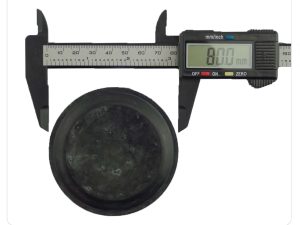
Halstead Ace Finest Gold Hot Water Diaphragm 840505
£2.49 Select Options


